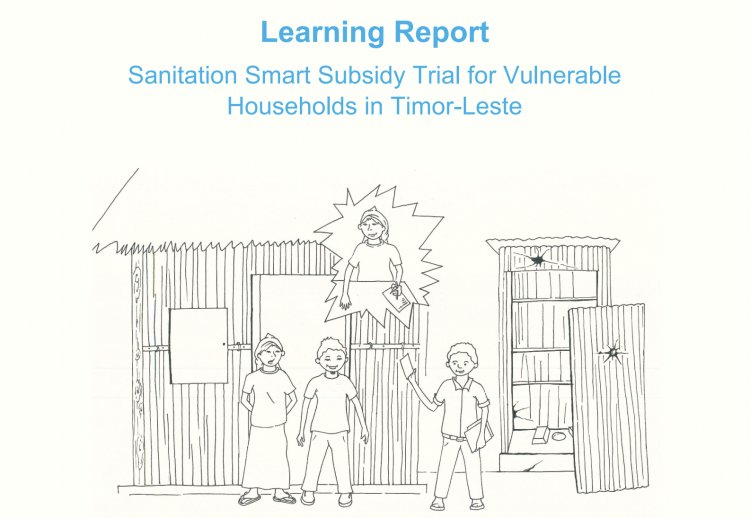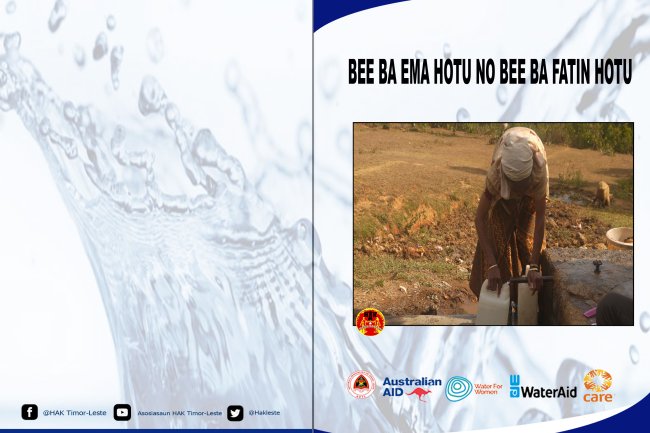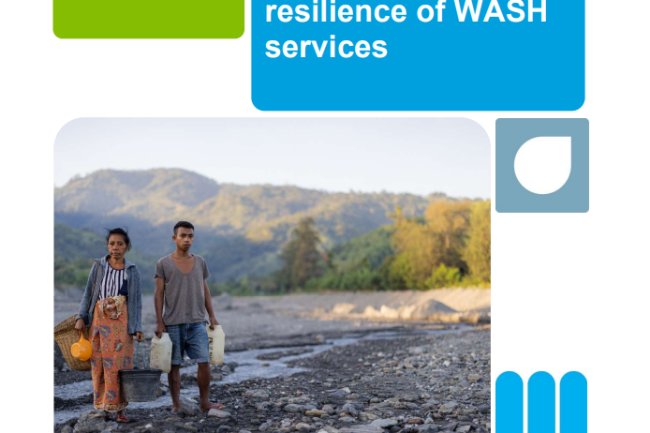Learning Report - Sanitation Smart Subsidy Trial for Vulnerable Households in Timor-Leste
Timor-Leste Sanitation Context - As in many developing countries, subsidizing household sanitation can be a sensitive topic in Timor-Leste. After independence in 2002 many NGOs working in sanitation in rural Timor-Leste provided upfront free materials (hardware subsidies) for construction of household sanitation. This has presented many challenges to increasing sanitation coverage in terms of scalability, sustainability and equity. The historically poor results of sanitation programmes in Timor-Leste with regards sustainability and equity are acknowledged by many stakeholders and demonstrated by the limited progress in national rural sanitation coverage (Besik 2009, JMP 2015).

WaterAid
In recent years, up-front subsidies for household sanitation have been out of favour as most NGOs and the government move towards adopting the Community-Led Total Sanitation (CLTS) approach. This shift aligns with Timor-Leste’s National Basic Sanitation Policy (G-RDTL 2012) which states that “households shall be responsible for the construction and maintenance of their own sanitation facilities” and that construction of household sanitation shall not be subsidized except in specific situations of disadvantage and extreme poverty, in such cases the policy does recommend the use of incentives including vouchers and rebates to reward communities that eliminate open
defecation and to assist households to climb the sanitation ladder.


